Gluten Reaction: How to Handle Restaurant Mixups
As an Amazon Associate and member of other affiliate programs, I earn from qualifying purchases.
Sometimes restaurants get our orders terribly wrong. Sometimes they catch things before we eat our meal. Too many times the truth doesn’t come until the damage has been done. For someone with Celiac Disease, a gluten reaction is more than just a physical experience. Our emotions are wrapped up in the process too.
I had arranged to visit a restaurant for a gluten-free review, a restaurant I’ve been wanting to try for over a year. This restaurant is known by many to be meticulous in taking care of food allergy needs. I asked many questions about their menu and their process before going. They offer gluten-free burgers, fries, wraps and more. I was stoked.
So imagine my shock when halfway through my meal. the owner realized I had been served a burrito made with a regular flour tortilla. I was speechless. I quickly pushed the plate away from me. How does one respond to a situation like this?
5 Things to Remember When A Restaurant Has Served You Gluten
1. Be firm in addressing the issue, but don’t be nasty.
The owner of the restaurant was horrified. Here I was, specifically to write about her restaurant. I had the power to destroy her restaurant’s image with one strike of a key. In that moment, I chose to simply forgive her.
Truth is, a friend of mine joined me for lunch that day. She has multiple allergens on top of Celiac Disease, some of which cause anaphylaxis. The owner of this restaurant did a fantastic job of keeping my friend safe that day. The owner showed sincerity in her apology and explained how she would make it right next time.
My friend Brianna Hobbs of Flippin’ Delicious shared how she handled a similar experience. “An important thing is to politely and calmly communicate what went wrong. Use it as an opportunity to educate them so that they can do better with their next diner.
I discovered a regular pasta noodle half way through eating my gluten-free meal. I was with family celebrating an occasion, so I only briefly discussed the problem with them that night. The gluten reaction in my body was horrible. Later I called the restaurant and talked to the manager. He needed to understand the seriousness of this issue and I talked to him about their procedures. I even offered to come in to help educate their staff. Remember, if we can prevent one person from having a reaction, it’s worth it.”
2. Refrain from immediately using social media.
Immediately after leaving I called a trusted friend. I had to vent to someone. I made sure that it was someone I could trust, who cares about me but could also be objective. If a situation like this happens to you, you’re going to want to talk to someone. Do so, but do it privately. I could write a scathing review on their Facebook page, but all of that external anger won’t change what happened. Too many times people with Celiac Disease and Gluten Sensitivity are seen as whiners. While we need people to take our disease seriously, lashing out in anger on business pages doesn’t always help our cause.
If you were to write about it on social media, I would use a forum that those with Celiac Disease or food allergies are likely to see. For example, I shared about the experience in a private gluten-free Facebook forum. You could also bring up the issue at a local Celiac Support group meeting. Write a brief post on an app like Find Me Gluten Free or Allergy Eats. Make sure the story of the restaurant and your gluten reaction will reach those who need the most warning.
3. Evaluate to see if you can do something differently next time.
Mistakes happen, sometimes on both ends. There were a few other distractions in the restaurant kitchen that day. That doesn’t excuse what happened, but it becomes a lesson learned. One thing that I failed to do that day was to verify that what was brought to me was truly gluten-free. Prior to eating it. You better believe that when I went out with my family that following weekend, I verified what I received prior to sticking it in my mouth was actually gluten-free. Never feel bad about asking questions about your meal.
My friend Keeley McGuire also had this good bit of advice. “It’s also important to remember you are the one with the power to keep yourself safe. While in Utah, a friend and I walked out of a restaurant. This was after asking questions to our server and then the manager and still not feeling safe.”
4. A Gluten Reaction Can Be Emotional – Don’t make any major decisions
By some major miracle, I didn’t have major gastrointestinal distress that day. I still don’t know how I escaped that. The gluten reaction I didn’t escape was the brain fog and panic attacks. For at least a week. If you accidentally ingest gluten, I’d try to refrain from making major life decisions. Don’t all of a sudden decide to quit your job, your marriage, or pick a fight with your neighbor.
The neurological and emotional connections to Celiac Disease are real. Please know that if you have these type of reactions, you’re not alone. I still remember the article Chandice of Gluten Free Frenzy wrote after a similar experience. She was so honest and transparent, and I appreciate that about her. Celiac Disease is real and serious, and we need to be here to support one another.
5. Rest
In addition to the panic attacks, I was exhausted. The next day I skipped my workout and kept the day as simple as possible. We have a lot on our plates in life today. You may not be able to call in sick or cancel all of your appointments. Do allow yourself the grace to not complete your to-do list.
Treat this gluten reaction as you would any other illness. Drink plenty of fluids. Eat healthy foods that are gentle on the stomach. I take Gas-Ex for the painful gas I experience. Taking a bath often helps me with the cramping. I tend to get constipated instead of having diarrhea. Therefore, I keep Colace on hand. Some people take activated charcoal pills, but I don’t like the idea of using those or other “gluten relief” pills on the market. I try to use as little additional medications as possible and let things just take their course.
In Conclusion
Unfortunately, eating out can be risky when you have Celiac Disease. When a restaurant makes a terrible mistake, it can seem overwhelming. Try to stay calm. Tell the management what happened. Take steps to insure it doesn’t happen again to you or others. Most of all, take care of yourself. Vent to a trusted friend. Get some rest and don’t feel guilty about needing to take care of yourself. You’re pretty important.
Have you had a bad restaurant experience? How did you handle the situation? How did you take care of your physical needs during a gluten reaction? Leave a note in the comments and we can learn from each other!

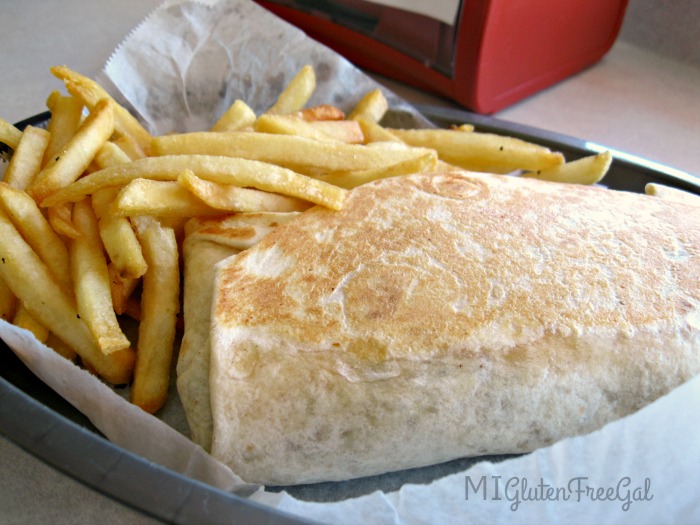
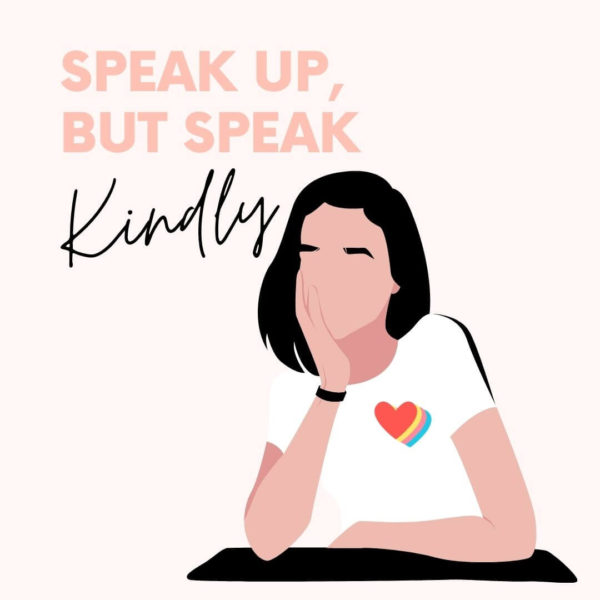
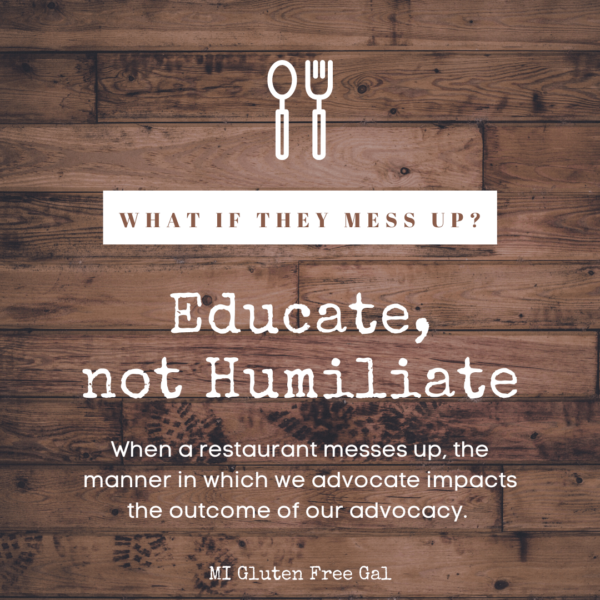
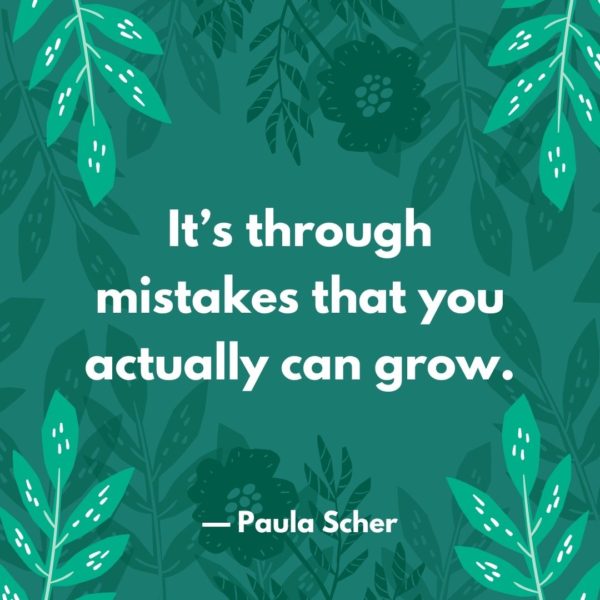
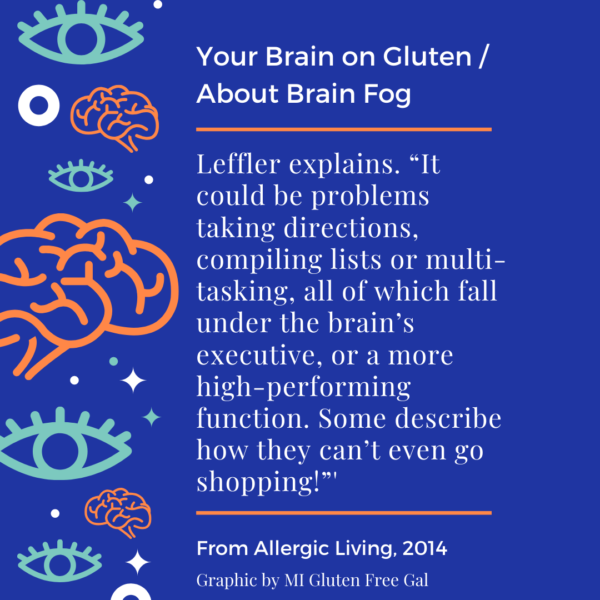
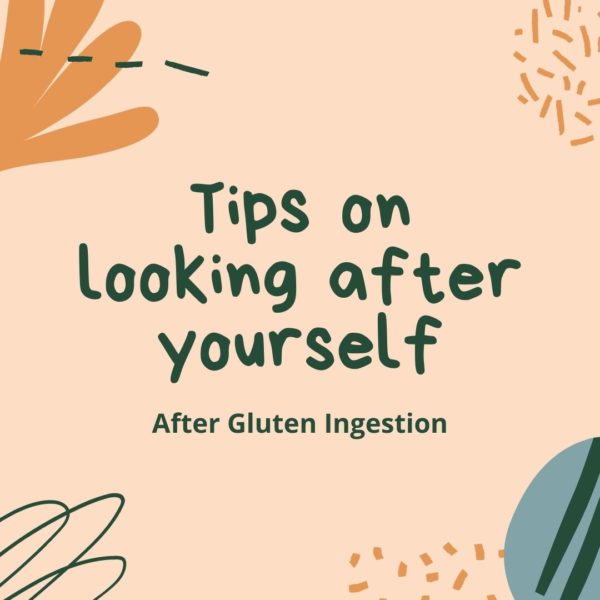
Fantastic article, my friend!
Thanks so much!
Wow! Margaret! You are a real trooper! Thanks for sharing and helping me and others so much. Be Blessed! Safety Always!
you’re welcome!
I always appreciate your common sense and very doable approaches.
You are so right about not firing back in anger online. If you do that, you can’t make a difference by bringing your concerns up to the restaurant.
Unfortunately, there are groups on Facebook, especially Autoimmune Protocol groups that advocate taking activated charcoal whenever one thinks there was a possibility of cross contamination or a tiny speck of wheat immediately. They treat it like poison toxicity and some members have even advocated going to the ER to see if they will flush it out of you.
If you are temporarily gluten free on an elimination diet or Whole30 and are verifiably not celiac or gluten sensitive before, it should simply be get back in the wagon tomorrow. The point is learning a new way to eat, it’s not to create disordered eating and for some, reducing inflammation. If you are not Celiac or sensitive, your body may not react at all to a small amount. (And if you are, and something is 10 PPM gluten, you probably won’t even know). Sure anyone would react if you’re eating bread morning noon and night after not eating it for a month, but I’m talking about a negligible amount
Everyone is different, but if i were to accidentally have a tiny amount of gluten, I would not know the minute the food hit my lips. It would take my body time to react. It’s not an instantaneous thing. (Unlike my dairy allergy where I would be in the bathroom within 20 minutes and then off and on the rest of the day or I’m not allergic to shellfish but like someone having a peanut allergy or shellfish allergy where it would be more immediate). Sometimes I would have to walk it back in my head in retrospect when it might have occurred when I start to feel signs of it.
How does one advocate, especially for vulnerable people who are seeking information when eliminating gluten is tied to such disordered eating in some circles? (I have spoken out but any naysayers who tell people not to treat it like a drug overdose are kicked out, or comments are deleted). (And it’s downright frightening sometimes the other recommendations people give not knowing someone’s medical history)